Seoul, July 11 (V7N) - Some of K-pop's biggest stars, including boy band Seventeen, are now harnessing AI technology to create music videos and write lyrics. Last year, Seventeen sold approximately 16 million albums, cementing their status as one of the most successful K-pop acts in history. Their latest album and single, Maestro, have particularly garnered attention for their AI-generated content.
The music video for Maestro features AI-generated scenes, and it's speculated that the album might include AI-generated lyrics. At the album launch in Seoul, band member Woozi revealed his experimentation with AI in songwriting. “We practised making songs with AI, as we want to develop along with technology rather than complain about it," Woozi explained. "This is a technological development that we have to leverage, not just be dissatisfied with. I practised using AI and tried to look for the pros and cons.”
On K-pop discussion pages, fans are divided. Some call for stricter regulations before the technology becomes widespread, while others are more accepting. Super fan Ashley Peralta, 26, said, "If AI can help an artist overcome creative blocks, then that’s OK with me." However, she worries that AI-generated lyrics might disconnect fans from their favorite musicians. "I love it when music is a reflection of an artist and their emotions," she said. "K-pop artists are much more respected when they’re hands-on with choreographing, lyric writing, and composing, because you get a piece of their thoughts and feelings. AI can take away that crucial component that connects fans to the artists."
Ashley co-hosts the K-pop fan podcast Spill the Soju with her best friend Chelsea Toledo. Chelsea admires Seventeen for being a self-producing group but is concerned about AI's impact on their reputation. “If they were to put out an album that’s full of lyrics they hadn’t personally written, I don’t know if it would feel like Seventeen anymore, and fans want music that is authentically them,” she said.
For those in K-pop production, the embrace of new technologies by artists comes as no surprise. Chris Nairn, a producer, composer, and songwriter working under the name Azodi, has spent a lot of time in South Korea and describes the industry as progressive. "Koreans are big on innovation, and they're very big on ‘what's the next thing?’ and asking, ‘how can we be one step ahead?’" he said. “So, to me, it's no surprise that they're implementing AI in lyric writing. It's about keeping up with technology.”
However, Chris is skeptical about AI's future in K-pop. He believes that while AI produces fairly good quality work, it lacks the innovation required at the top tier of songwriting. "AI works by taking what’s already been uploaded and therefore can’t innovate by itself,” he explained. Chris predicts that AI's use in K-pop will increase the demand for more personal songs. "There's going to be pressure from fans to hear lyrics that are from the artist's heart, and therefore sound different to any songs made using AI."
Seventeen isn't alone in experimenting with AI. Girl group Aespa, which includes several AI members alongside human ones, also utilized the technology in their latest music video. Supernova features generated scenes where only the band members' mouths move, triggering a strong reaction from fans. “K-pop is known for amazing production and editing, so having whole scenes made of AI takes away the charm,” Chelsea said.
Chelsea also expressed concerns about artists not receiving proper credit. “With AI in videos, it’s harder to know if someone’s original artwork has been stolen. It’s a really touchy subject,” she added.
Arpita Adhya, a music journalist and self-titled K-pop superfan, believes the use of AI highlights the pressure on artists to continually create new content. “Most recording artists put out an album every two years, but K-pop groups are pushing out albums every six to eight months because there’s so much hype around them,” she explained. Arpita also noted the normalization of AI in the industry, citing the explosion of AI cover tracks on YouTube. These fan-created covers mimic the voices of other artists, a trend that Arpita believes needs regulation, echoing sentiments from western artists as well.
END/SDA/SMA/



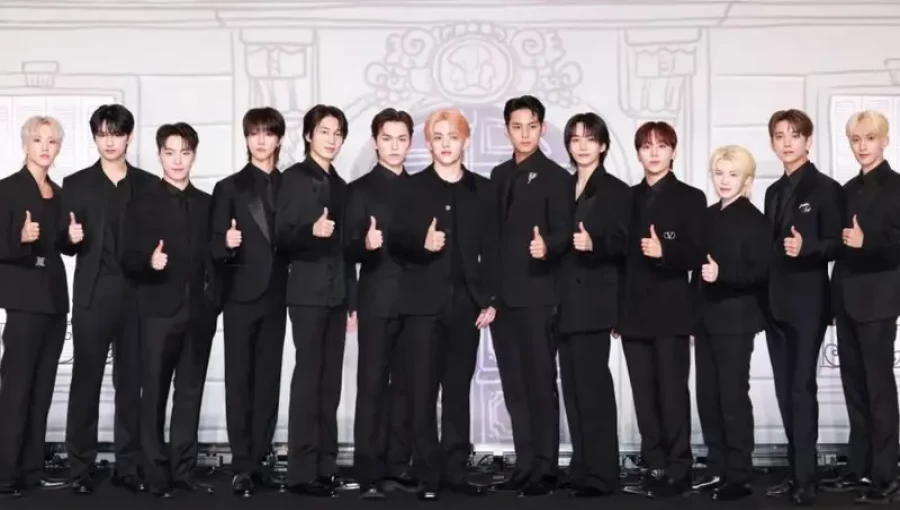
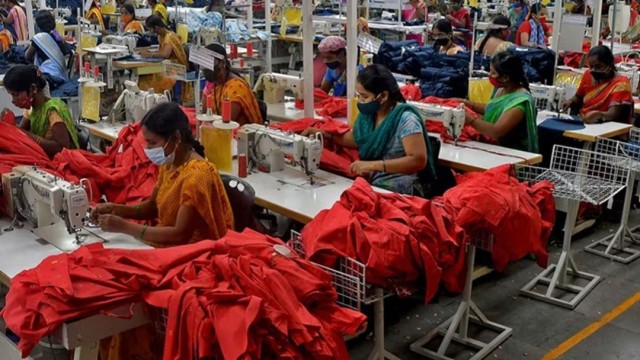








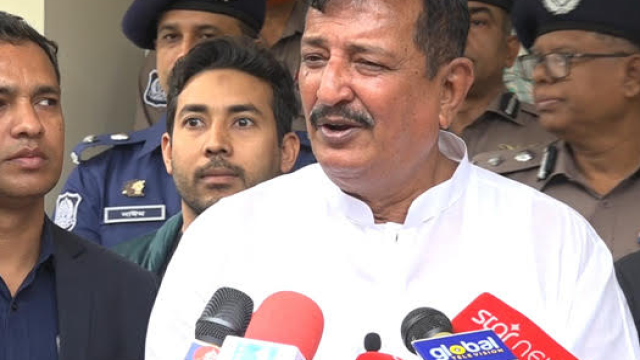

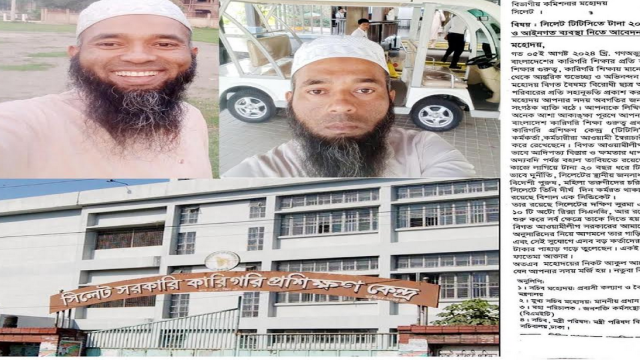

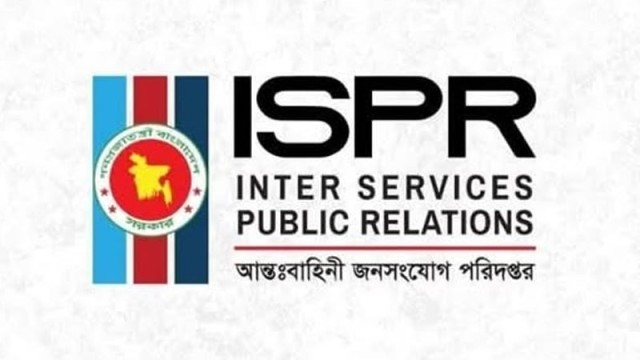
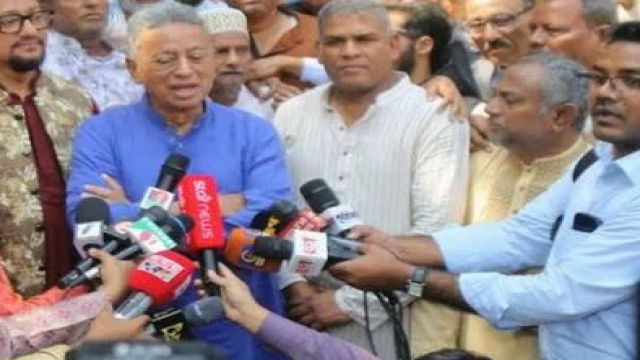
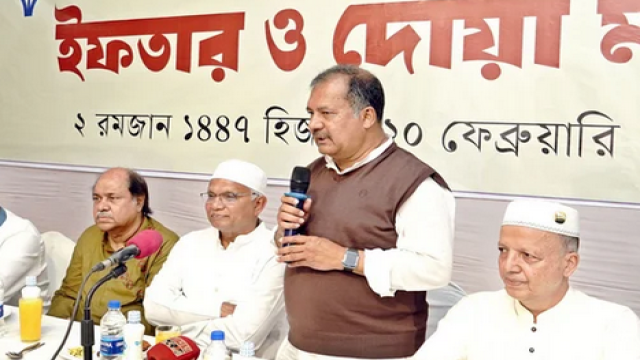





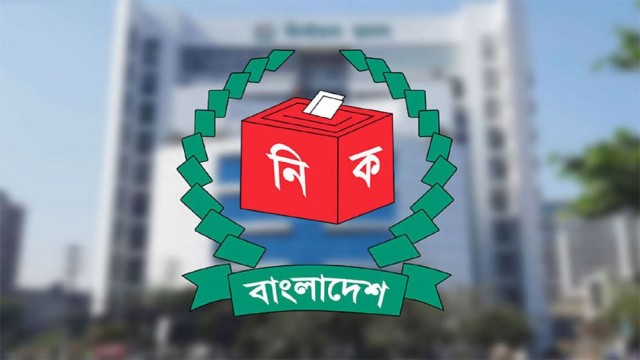





Comment: